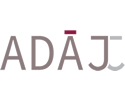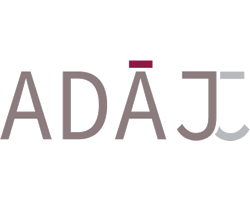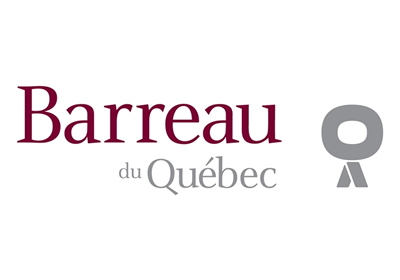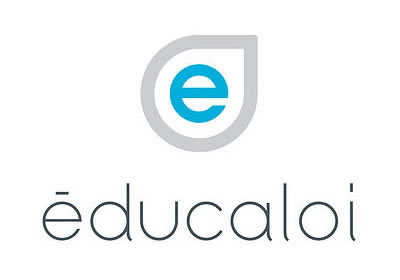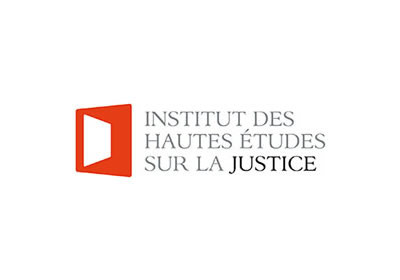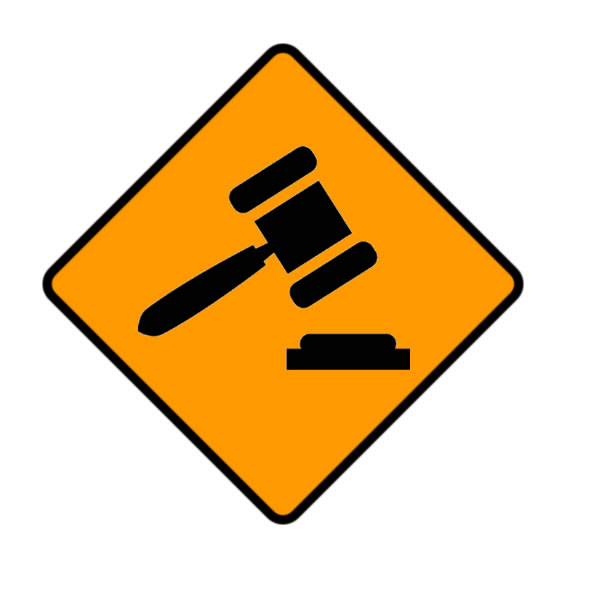
The purpose of the project is to assess the impact of legal education on access to justice. For individuals, accessibility of justice supposes the efficiency of the legal system, but also, prior to that, the ability to recognize the legal dimension of situations that they have to deal with.
The theoretical aspect will review legal education literature and programs in Canada and elsewhere, in particular concerning:
- The difference between legal education and citizenship or civic education;
- The difference between legal education and legal information;
- Best practices in legal education;
- The relations between legal education and access to justice.
The pilot project will take the form of thematic workshops and will require the preparation of modules to be tested in class in a selected secondary school, integrated into certain subjects (history, geography, French, ethics and religious culture), and evaluated through interviews with teachers and a group of students, and through direct observation in class.
We are considering concluding the project with a follow-up study to establish the impact of the training on the young people who receive it after a certain time has gone by (6 months, 1 year). For example, if their attitude towards law and justice became positive after the training, was it still positive one year later?
Researchers

Stéphanie Demers
Researcher
Marc-André Éthier
Researcher
David Lefrançois
Researcher
